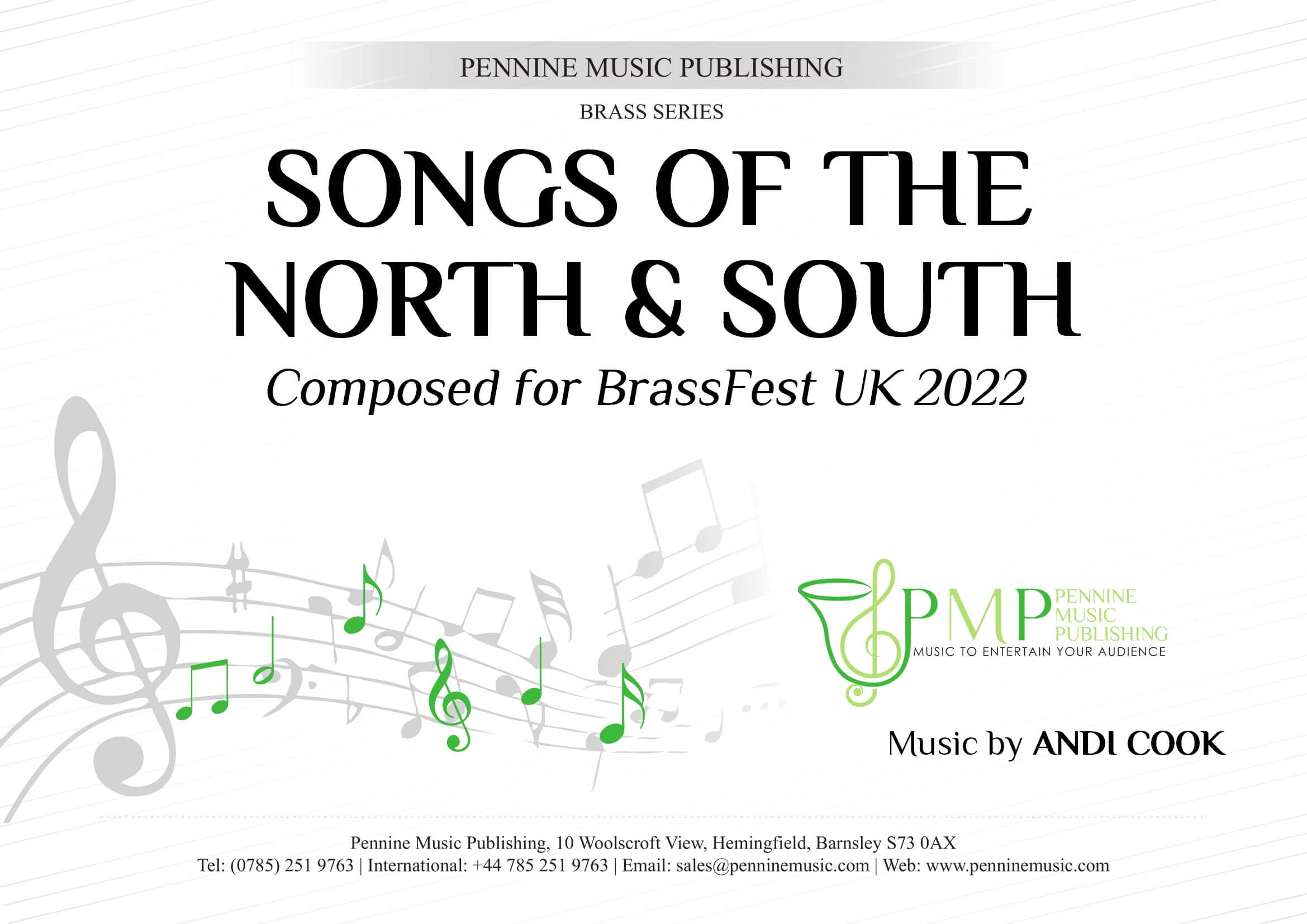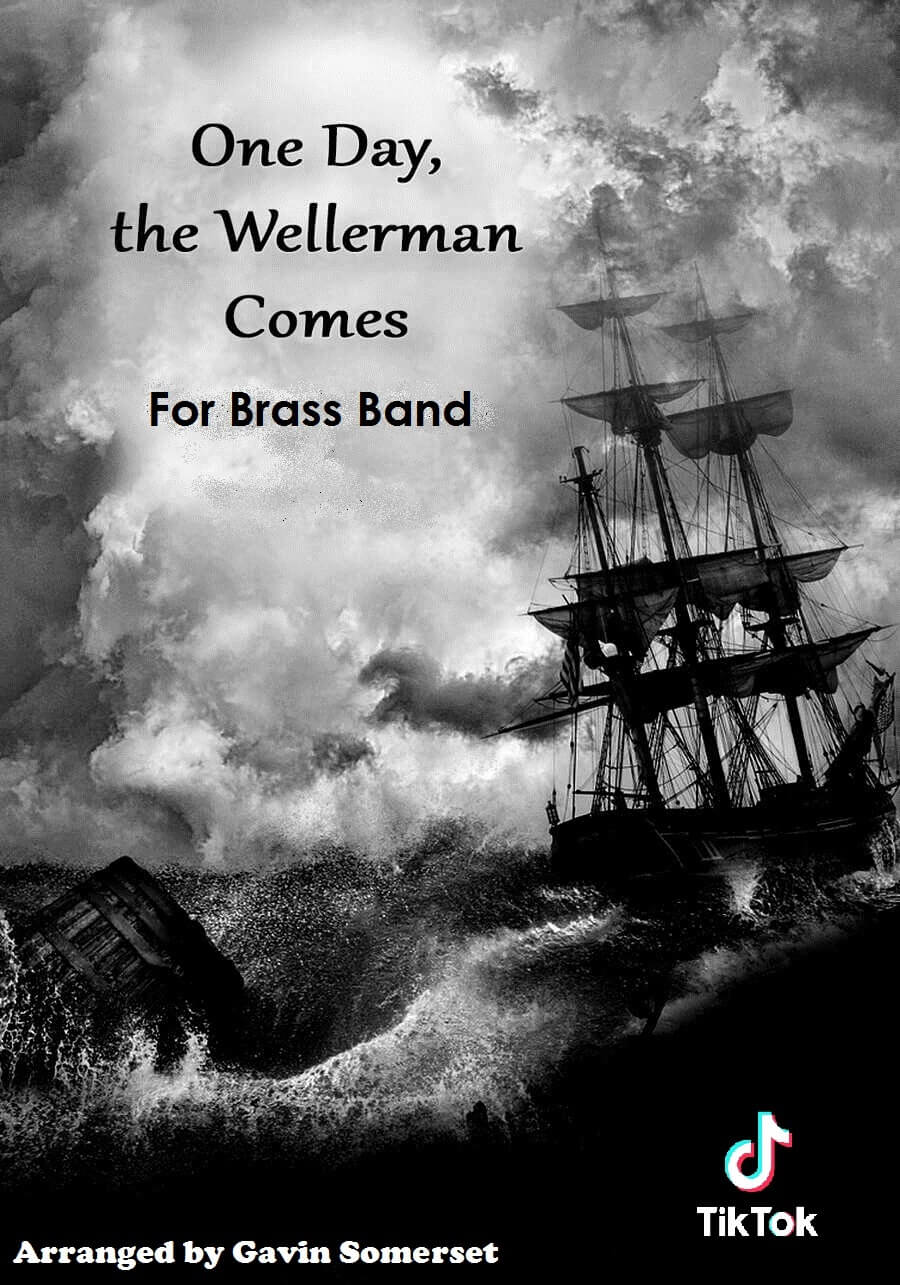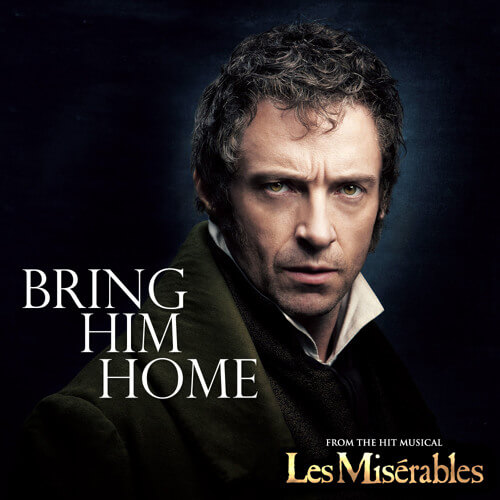Results
-
 £29.50
£29.50Red Dwarf - Howard Goodall - Andi Cook
Over the years, Howard Goodall has provided the BBC and others with memorable themes for TV shows that have over time, become iconic in stature. The theme tune to 'Red Dwarf' is certainly no exception. The return of the programme with the new series has been welcomed by millions and now, for the first time, the iconic theme tune has been arranged by Andi Cook for brass band. Perfect for use as an opener or general concert item, the arrangement also contains an optional cut to shorten the work if required for and entertainment contest programme. This new release is a must for all bands looking to give their concert programme a boost of energy.
In Stock: Estimated dispatch 1-3 working days
-
£24.50
So Fly The Eagles - Mike Lyons
Dedicated to the Eagley Band, Mike Lyons penned this March 'So Fly The Eagles' in a traditional march format, complete with DC and Fine. The March begins with a powerful stand and in a dark minor key. The trio brings about a more light-hearted feel that all players can enjoy and will show off your band in the best light. A great piece for any concert.
In Stock: Estimated dispatch 1-3 working days
-
 £29.50
£29.50Songs of the North & South - Andi Cook
BrassFesk UK is back for 2022 after a break following the pandemic and with it, comes the traditional new commission and anthem. Recorded by the European Champions, the Cory Band, this year's anthem is an arrangement of well-known UK traditional songs to coincide with the Queen's Jubilee. The work has been written in the style of Gordon Langford, one of the Brass Band world's leading arrangers and so as you expect, there are some fantastic parts to play for all areas of the band to enjoy. This foot-tapping release continues to follow the previous BrassFest UK anthems that have gone before it, ensuring a fun piece of music to both play and listen to. You can see Cory Band performing the work here:- https://youtu.be/MrqVf328tFI
In Stock: Estimated dispatch 1-3 working days
-
£24.50
Sussex Carol - Trad - Stephen Tighe
A stunning arrangement of this well loved carol, with countermelodies and duplet bell calls, this will have your audiences smiling and swaying. The melody is spread throughout the band, with trios for the trombones, and a glockenspiel part that the percussionists will ravish (although not essential), this really does have all the spirit of Christmas.
In Stock: Estimated dispatch 1-3 working days
-
 £24.50
£24.50Tournament Gallop - L.M.Gottschalk - Adam Rutter
All performers love a showpiece, and if there isn't one available, they write their own. American born Louis Moreau Gottschalk was a child prodigy and became famous for writing and performing his own piano compositions. Now it's the turn of your band to show off to the crowds with a performance of the 'Tournament Gallop'. Arranged by Adam Rutter, the piece is largely marked 'Presto', though in reality, the idea was that Gottschalk would perform the work as fast as humanly possible! An entertainment special and one audiences will love.
In Stock: Estimated dispatch 1-3 working days
-
 £29.50
£29.50The Wellerman - Traditional - Gavin Somerset
This traditional Whaling song went viral around the world on social media platform TikTok during the Covid-19 lockdown in early 2021. Starting with a lone voice, more and more singers & instrumentalists began adding their harmonies and improvisations to the melody until, there were literally hundreds of people all working together to create a global voice, including some big name celebrities. This release allows your band to recreate the viral hit and when back on stage, add your own choreography and optional singing with this shanty that has found a new appreciation amongst younger audiences and reflects the hard times many faced during the covid lockdown. To download the playback audio to play along to, please RIGHT CLICK HERE & Save As .
In Stock: Estimated dispatch 1-3 working days
-
 £29.50
£29.50Bring Him Home - Claude-Michel Schonberg - Andi Cook
This publication needs very little introduction as it has, for over thirty years, been a firm favourite across the globe as one of the stand out numbers from the musical, 'Les Miserables'. This brand new arrangement has been done for the Grimethorpe Colliery Band and their Soprano Cornet player, Kevin Crockford, who has recorded the work for the band's new upcoming CD to be released later this year. Andi Cook has given us a faithful recreation of the original that both soloists and audiences will love. A must for all Soprano Players.
In Stock: Estimated dispatch 1-3 working days
-
£29.50
God Rest Ye Merry Gentlemen - Andi Cook
Starting off in the traditional way, the melody we all know and love, before bursting into life with this amazing "Big Band" swing style arrangement that is sure to get your audiences foots tapping. There's work for the entire band, cornet stabs, walking bass parts and of course, a jazz chord finish. A perfect new addition to your Christmas program, very high in entertainment value.
In Stock: Estimated dispatch 1-3 working days
-
 £24.50
£24.50Silent Stars Go By - R.V Williams - Gavin Somerset
The title "The Silent Stars Go By" is the 4th line from the very popular carol "O Little Town Of Bethlehem". Arranged now as a simple cornet solo, the melody is brought out by both the soloist and the band is such a way, that this simply melody can warm hearts on the coldest of nights. This is a fantastic item for all cornet players and playable by most levels of bands, perfect also for the younger soloist. For Christmas 2020, we have made backing tracks of this title for you to download. These can be used either for personal playback use, or to create a virtual performance of the piece with your full band. To download the backing track, please RIGHT CLICK HERE & Save As .
In Stock: Estimated dispatch 1-3 working days
-
 £24.50
£24.50The Sleigh Race - Alfred Caldicott - Lynda Nicholson
Every year, bands across the country search for something new and different for their Christmas concerts. This year, look no further! In this comedy item, originally composed for piano duet, the feeling of Christmas is ever present. The playful melody is passed around the band including a percussion section solo (with cues for the band if no percussion available). Audience participation can be used as they rattle keys to mimic the sounds of Sleigh Bells. Of course, no comedy work would be complete without some singing from the band. This really is a treat for all concerned and is a piece that will make any Christmas concert come to life with something different.
In Stock: Estimated dispatch 1-3 working days
